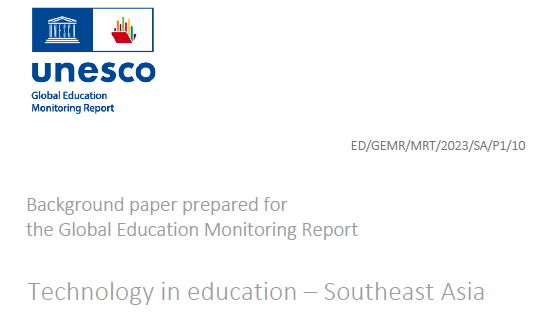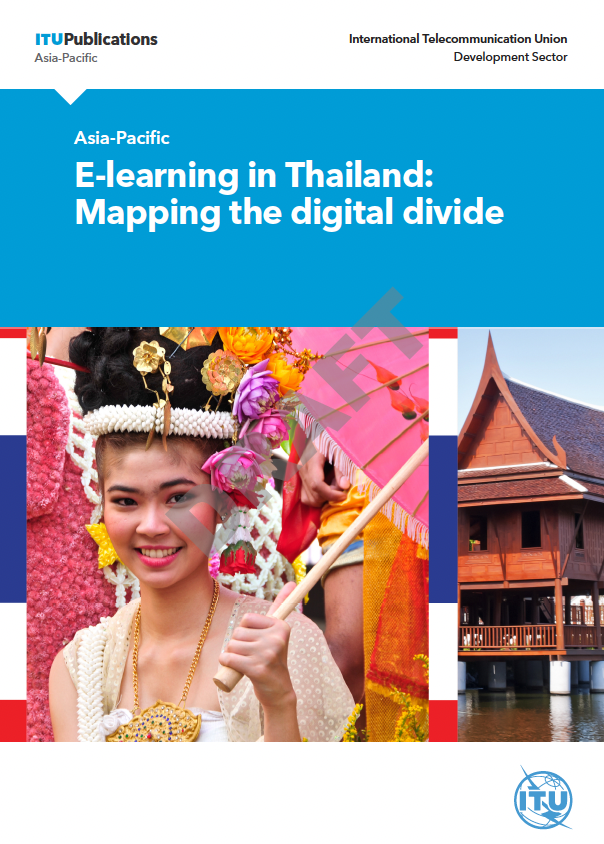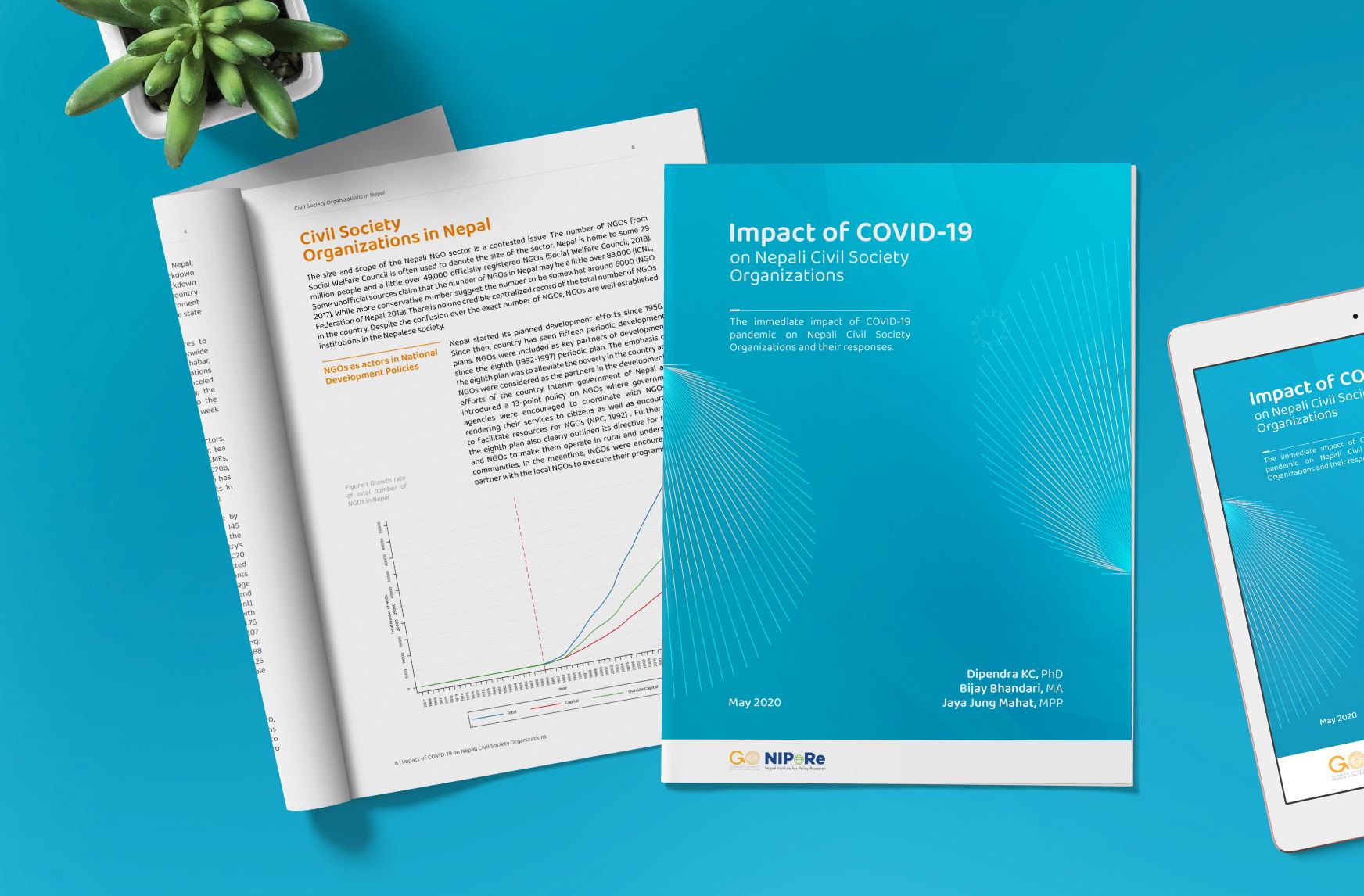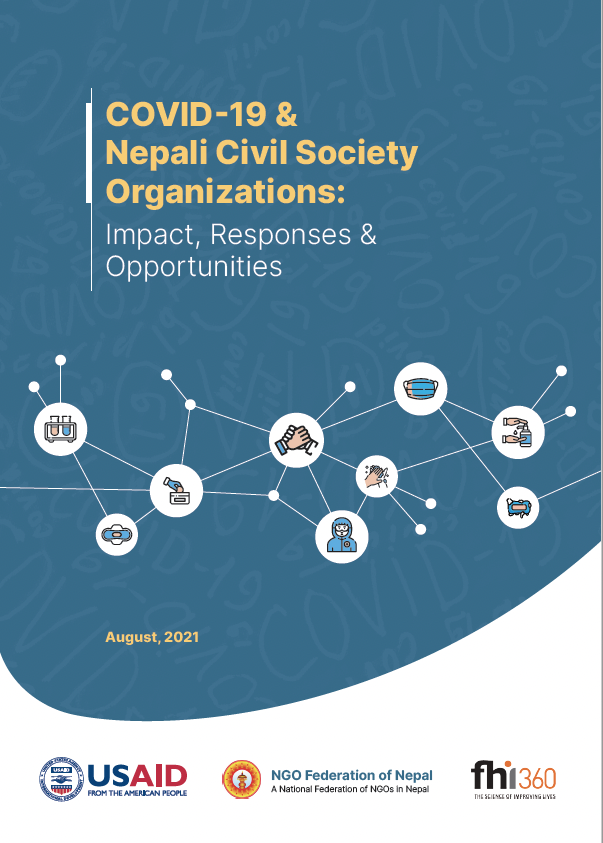-

Technology in education: a case study on Thailand
This report examines Thailand’s educational challenges related to technology-enabled learning, including internet access, resource quality, and teacher competency. It emphasizes regional disparities, the need for equitable policies, child online protection, and declining education investment. Positive initiatives involve private sector collaboration and targeted programs for disadvantaged students, aiming to enhance educational quality.
-

E-learning in Thailand: Mapping the digital divide
This study evaluates digital access among Thai students during the pandemic, revealing disparities in device availability and internet connectivity, particularly influenced by socioeconomic status. It emphasizes the need for improved data collection, equitable device distribution, and enhanced internet affordability to foster effective eLearning opportunities, ultimately recommending measures to bridge the digital divide.
-

Impact of COVID-19 on Nepali CSOs
In April 2020, a nationwide study was initiated to assess the impact of COVID-19 on the capabilities of Civil Society Organizations (CSOs) in Nepal. Out of 488 invited, 235 organizations from various sectors participated, including NGOs, federations, and profit not distributing companies, representing diverse functional areas across all provinces.
-

COVID-19 and Nepalese Civil Society Organizations: Impact, Responses, and Opportunities
The study highlights the significant impact of COVID-19 on Nepali civil society organizations (CSOs), with 87% reporting reduced service delivery capabilities. New registrations declined by 89%, and many organizations faced funding challenges and concerns about layoffs. Despite struggles, CSOs mobilized significant resources, contributing around USD 30 million during the pandemic.